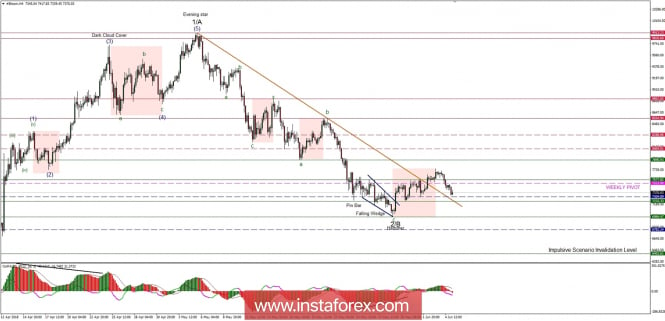The Japanese Financial Services Agency (FSA) issued orders to improve the business of the twelve national cryptographic exchanges. One of the main concerns of FSA is the compliance of exchanges with Anti-Money-Laundering (AML) requirements. Inspections carried out by the agency revealed that several cryptographic exchanges do not apply sufficient Know-Your-Customer (KYC) controls to confirm the identity of their users. The supervisory authority also expressed concerns about cases in which customer assets are not properly separated from the exchange assets.
New regulator orders have been issued for a total of twelve crypto stock exchanges, two of which are officially licensed stock exchanges, and ten of them are "quasi-operators", which means that their application for an FSA license still awaits consideration. The FSA is expected to publish a report summarizing the results of its audits later this month, as well as providing further guidance on the required customer protection measures.
Two high-profile scandals involving Japanese cryptographic exchanges - the unprecedented January Coincheck hack at $532 million, and the infamous fall of Mt. Gox - led to the intensification of intervention by the national financial supervisory authority.
From April 2017, the Japanese Payment Services Act requires all cryptographic exchanges to be registered under the FSA license - the first licenses were approved in September. This year, the regulator tightened the conditions even more, focusing on compliance with AML and KYC.
Let's now take a look at the Bitcoin technical picture at the H4 time frame. The market has so far failed to break out above the important technical resistance at the level of $7,740 and now it testing the golden trend line from below. Any break out below the technical support at the level of $7,232 will open the road to the key technical support at the $6,984 swing low.

